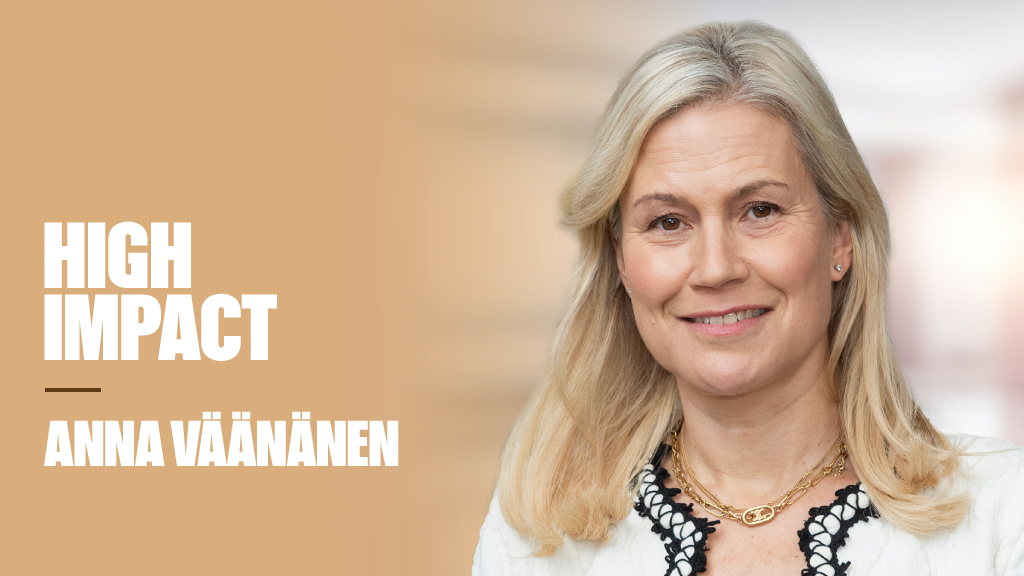On everything else, there seems to be a growing level of bifurcation. The plunge in sterling in recent days, reflects the fact that not only is there disagreement on whether or not Britain should leave the EU, there isn’t even agreement on whether or not an economic argument for it can even be made.
There are continuing worries about the prospects for China and the concerns over the outcome of the forthcoming US presidential election.
But, perhaps more importantly, at a broader level, there is a growing level of disagreement as to whether or not deflation or inflation is the bigger threat going forward.
For some, like Neil Woodford, further deceleration of the global economy and the prospect of outright deflation are the biggest challenges facing the global economy. Others, like Rineesh Bansal of Deutsche Bank’s chief economist office, believe that even for those who wholeheartedly believe the threat of inflation, “must acknowledge the forecast is speculative at best”.
In a note out on Wednesday, Bansal said: “The truth is we understand the movement of prices like we know the rumblings of a human mind. It is arrogant to assume deflation. Likewise, it is unwise to dismiss inflation out of hand.”
“If deflation did not even materialise in the face of double digit unemployment across most advanced economies, it is hard to make a convincing case that it will show up many years into the economic recovery,” he added.










